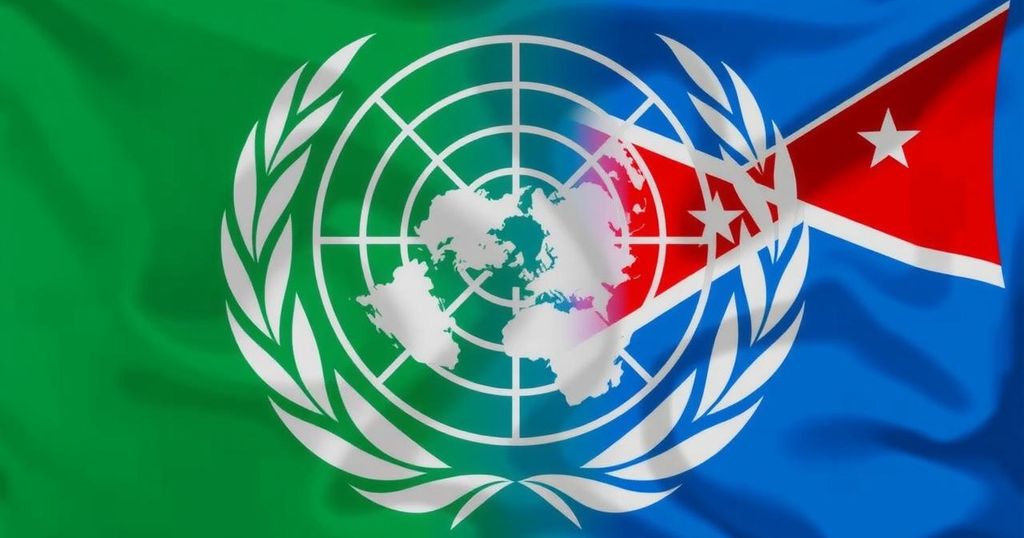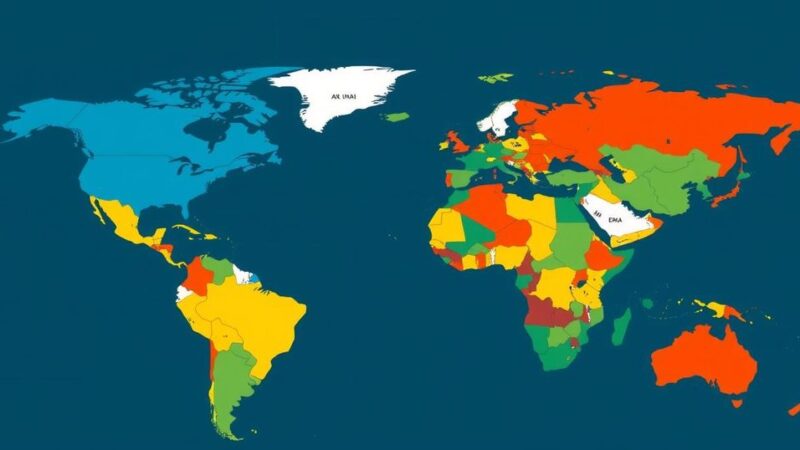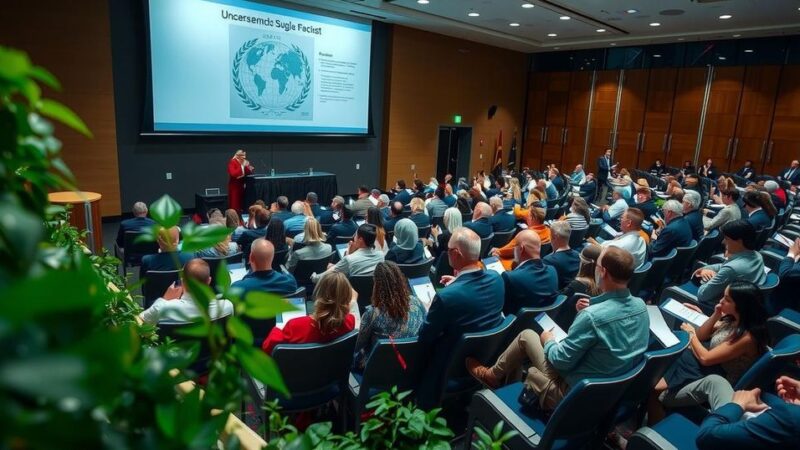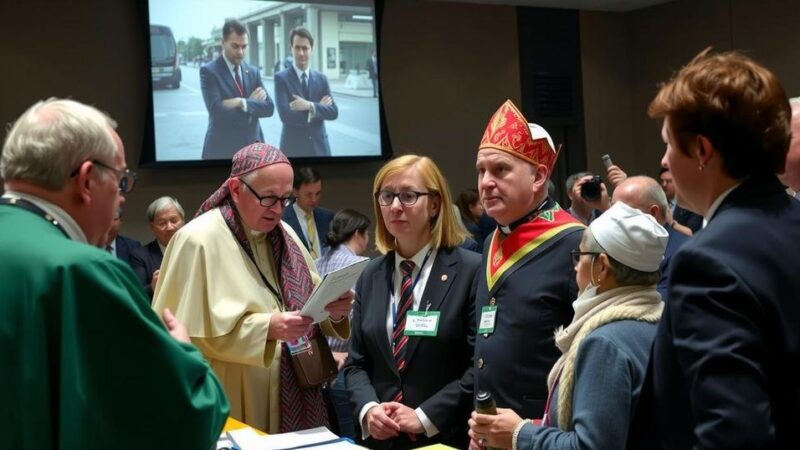Papua New Guinea declared a boycott of the COP29 UN climate summit, criticizing the event as a “waste of time” primarily driven by empty promises from major polluters. The government seeks to establish direct climate agreements with countries like Singapore rather than participating in unproductive negotiations.
Papua New Guinea has announced its intention to boycott the upcoming United Nations climate summit, COP29, scheduled to take place next month in Azerbaijan. The government has expressed its disillusionment with the UN climate negotiations, which it perceives as ineffective and dominated by empty assurances from major polluters. Foreign Minister Justin Tkatchenko criticized the summit, stating, “There is no point going if we are falling asleep because of jet lag because we are not getting anything done.” He emphasized that despite promises of financial assistance from significant polluters, much of the help often benefits consultants rather than necessitated climate relief efforts. The nation, which houses the world’s third largest rainforest, is highlighted by environmentalists as an integral part of our planet’s ecosystem. However, Papua New Guinea faces significant challenges stemming from climate change, as it is susceptible to natural disasters and is among the most vulnerable countries to adverse environmental shifts. Tkatchenko further condemned the current COP procedures as a “total waste of time,” expressing frustration over the lack of meaningful outcomes from the negotiations over the past three years. He stressed that while Papua New Guinea absorbs pollutants from major nations, these countries seem to avoid accountability for their contributions to climate change. Historically, while the COP summit notably resulted in the Paris Agreement in 2015, subsequent meetings have faced criticism for inadequate climate action stemming from dominant polluters. The Foreign Minister articulated the sentiment shared among smaller Pacific island nations, asserting that they receive inadequate recognition and progress in the discussions. He indicated that Papua New Guinea now seeks to establish climate agreements directly with like-minded nations, such as Singapore, suggesting that this approach could yield more significant improvements than participation in COP negotiations.
Papua New Guinea’s decision to boycott COP29 represents a critical stance within the international climate dialogue, particularly voiced by a nation highly impacted by environmental changes. The country has been traditionally seen as a vital player owing to its vast rainforest coverage, which plays an essential role in carbon sequestration. Nevertheless, despite its ecological significance and vulnerability to climate change, Papua New Guinea has become increasingly disillusioned with the perceived ineffectiveness of the COP meetings in generating actionable results, especially as reliance on polluting nations persists. The frustration towards slow bureaucratic processes for climate funding also indicates a broader sensitivity among developing nations regarding climate injustices incited by more affluent countries. Understanding these dynamics provides important context for how countries like Papua New Guinea advocate for their rights and well-being on international platforms.
In conclusion, Papua New Guinea’s boycott of the upcoming UN climate summit underscores its frustration with the lack of substantial progress in international climate negotiations. The nation calls for a reevaluation of the effectiveness of COP meetings while seeking alliances to forge more impactful bilateral agreements. By highlighting its position as a significant rainforest nation and the implications of climate change, Papua New Guinea advocates for accountability among major polluting nations and aims to secure better outcomes for itself and similarly positioned communities.
Original Source: www.voanews.com






